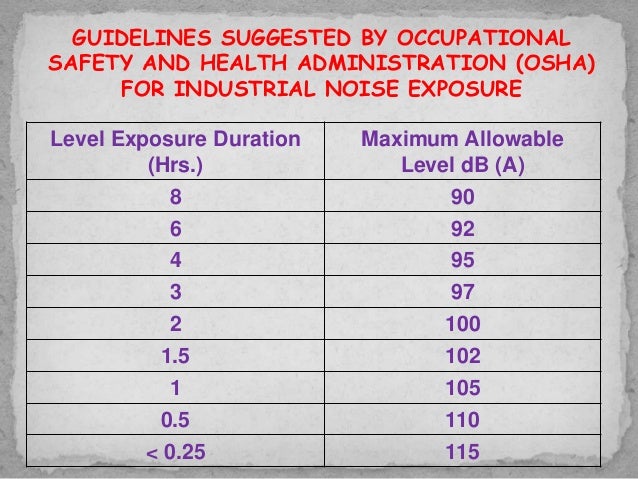

If a company does not comply, Council may issue a Show Cause Notice or an Enforcement Notice.Īn Enforcement Notice can require the company to comply with the development conditions, take specific action, or stop the activity causing the noise issues. Some commercial and industrial properties have development approvals and conditions which must be complied with. The Environmental Protection Act 1994 outlines allowable noise levels for different types of equipment and activities. If the Direction Notice is not complied with, Council may issue an on-the-spot fine or prosecute the offender in severe cases. A Direction Notice will detail the offence and the timeframe the offender has to fix the problem.
lawn mower from 15 metres away - 70 decibels.Ĭouncil can issue an on-the-spot fine or a Direction Notice for nuisance residential noise. daytime in a quiet residential street - 35 to 45 decibels. quiet room in a house - 20 to 30 decibels. Here are usual decibel levels for everyday situations: Some noise regulations include a maximum loudness in decibels. preventing or removing public health risks. facilities for telecommunications or electricity. maintaining public infrastructure, including:. The Environmental Protection Act 1994 provides exemptions from noise created from: Report a complaint online with Airservices Australia who manage complaints on behalf of the Australian Government. on-road noisy vehicles and trail bikes. Contact the Department of Transport and Main Roads on 13 23 80. Report a complaint online with the Queensland Police off-road noisy vehicles and trail bikes. Contact the Department of Environment and Heritage Protection on 1300 130 372 state government properties or activities that are regulated by the state government. Contact the Office of Liquor and Gaming Regulation on 13 QGOV (13 74 68) premises with a liquor licence that are not located within the Special Entertainment Precinct as identified in the Brisbane City Plan 2000. music, loud stereos, parties, rowdy behaviour and burglar alarms. Complaints not handled by Councilīrisbane City Council does not deal with noise complaints about: If loud enough, it can also have a negative impact on people's health. Noise can disrupt sleep and interfere with daily activities. Lesbian, gay, bisexual, transgender, intersex and queer. Aboriginal and Torres Strait Islander programs. 
Public Land and Council Assets Local Law.Abandoned, hazardous and unsightly vehicles and shopping trolleys.Environmental nuisance complaints process.Queen Street and Valley Malls management.Light up Brisbane and hang a bridge banner.Wildlife Conservation Partnership Program.Reducing waste at work, in schools and in the community.Greater Brisbane Key Corridors Performance Report.Brisbane Metropolitan Transport Management Centre.

Neighbourhood planning and urban renewal.Development.i - property development & application search tool.Changing ownership and updating records.Previous development applications and approvals.Check the status of a development application.Restoring and researching heritage properties.Council and Standing Committee meetings and minutes.







 0 kommentar(er)
0 kommentar(er)
